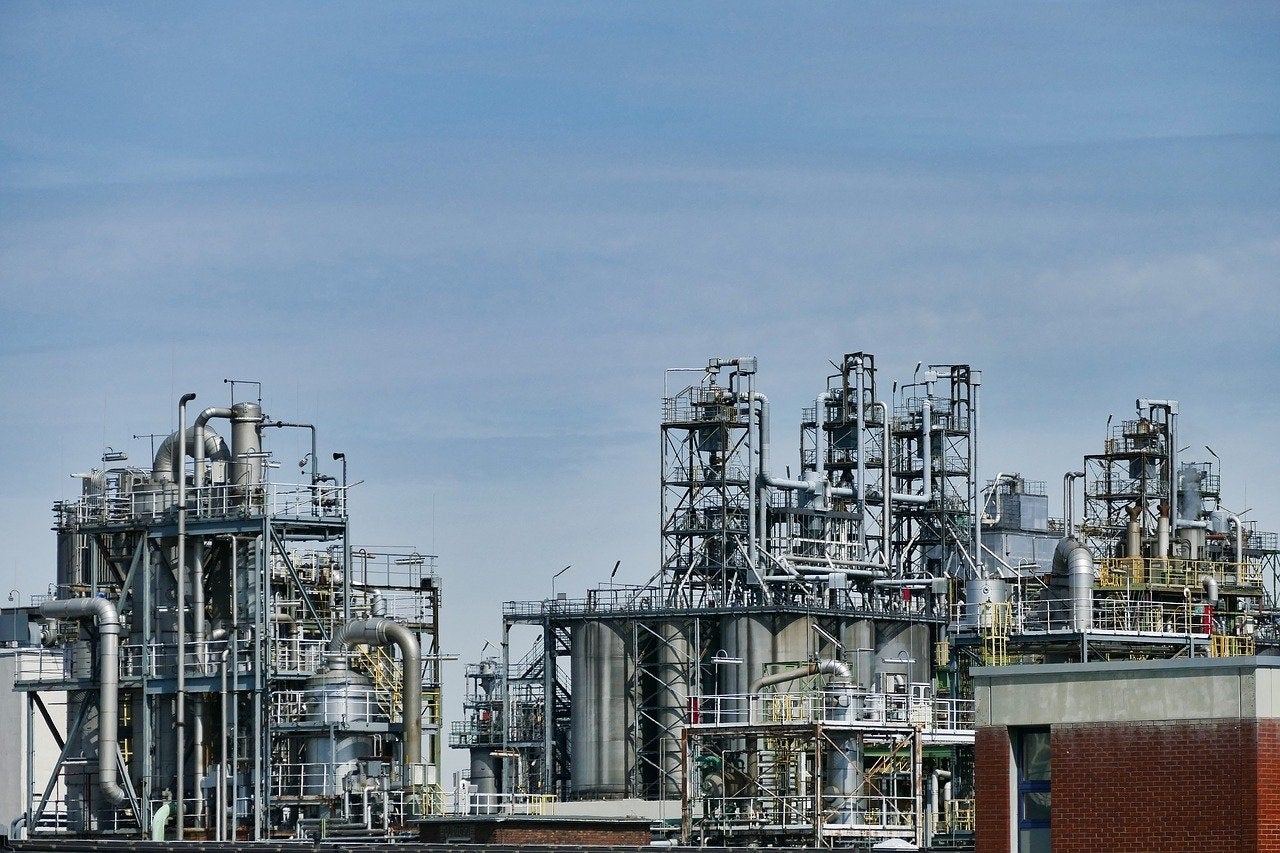
State-owned Qatar Petroleum has launched its new Sustainability Strategy, which establishes several targets in line with the goals of the Paris Agreement.
This strategy sets a plan to reduce greenhouse gas emissions by 2030.
It also mandates the deployment of Carbon Capture and Storage (CCS) facilities to capture more than 7Mtpa of CO2 in the country.
The strategy sets a direction towards cutting down the emissions intensity of the country’s LNG facilities by 25% and of its upstream facilities by at least 15%, besides reducing flare intensity across upstream facilities by over 75%.
It also sets out a target to removing routine flaring by 2030 and restricting fugitive methane emissions along the gas value chain by creating a methane intensity target of 0.2% across all facilities by 2025.
Minister of State for Energy Affairs and Qatar Petroleum president and CEO Saad Sherida Al-Kaabi said: “Qatar Petroleum’s Sustainability Strategy is a bold commitment with clear goals and milestones that ensure we embed sustainability considerations into the way we plan and manage our entire business and operations.
“Qatar is the world’s largest LNG producer and, by implementing our Sustainability Strategy, we will play a decisive role in helping reduce the impact of climate change by implementing measures to curb emissions, produce LNG using the latest proven carbon reduction technologies, and compensating for residual emissions where necessary.”
Qatar Petroleum’s Sustainability Strategy is underpinned by the Qatar National Vision 2030 and the United Nations’ Sustainable Development Goals.
This strategy is based on three main pillars, namely Climate Change Mitigation, Operational Responsibility, and Social and Economic Development.
The Sustainability Strategy is designed to address the economic, environmental and social challenges in the competitive energy landscape, claimed Qatar Petroleum.
In May 2020, Qatar Petroleum announced the continuation of its North Field expansion projects.
The project is expected to raise Qatar’s LNG production capacity from 77Mtpa to 110Mtpa by 2025 and 126Mtpa by 2027.



